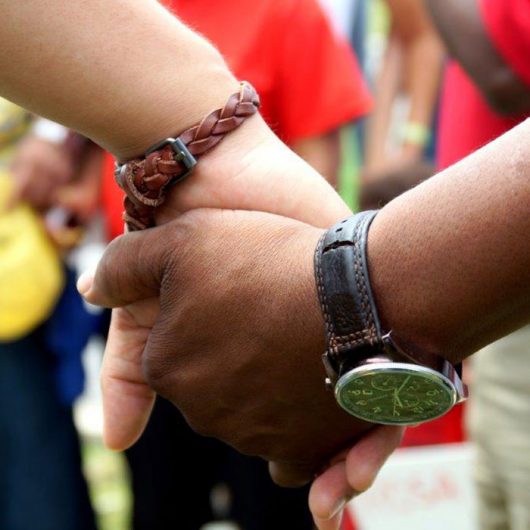
A still from the documentary “Free to Ride,” which is set to screen on Wednesday at Knowlton Hall. Credit: Courtesy of Free to Ride Production
A documentary which asks the question, “Is access to public transportation a simple civil right?” will have its Columbus premiere on Wednesday.
“Free to Ride,” created by Ohio State’s Kirwan Institute for the Study of Race and Ethnicity, follows conflicts involving the community of Dayton, Ohio’s public transportation system. Residents of Beavercreek, a community in Dayton, rejected the addition of three bus stops in the area, citing concerns of increased crime as a result.
The legal effort, led by Leaders for Equality and Action in Dayton with the help of the Kirwan Institute, was able to prove that racial discrimination was at work, allowing the bus stops to ultimately be approved.
“I think what’s special about this story is the approach that members of the community took to fighting an injustice that they encountered and recognized,” said Matthew Martin, who wrote and produced the film. “Their persistence, their resilience and the pressures they put on everyone else to do their job, abide by the law, enforce the law. It’s a great example of multiracial, community-led civil rights movement for our time.”
In a federal report, it was concluded that “African-Americans have faced discriminatory impact as a result of the city’s decision to deny (Greater Dayton Regional Transit Authority’s) application to install bus stops.”
“Free to Ride,” the Kirwan Institute’s second film, highlights an issue that permeates throughout a country that remains divided, Martin said.
“It’s not a new issue. I think when it comes to what racism and biases look like today, obviously there’s still some conscious, explicit racism that exists in our country,” he said. “But, by and large, a lot of it is unconscious. It’s good to put a story out there that displays that explicit bias still exists, but also shows the kind of biases that most people don’t realize that they have, and wouldn’t admit they have.”
Beyond the impact of civil rights, the opportunity for expanded public transport provides opportunities to residents who would never be able to experience the Beavercreek area, along with their economic and social effects, Martin said. Reporting on the effects of the stops shows that crime has gone down.
“Since these buses have started running, (Dayton Daily News) thinks that crime has gone down,” Martin said. “And actually, there are a lot of new businesses located along that corridor, since the buses went in. If nothing else, it helps to bust some myths that are longstanding.”
Max Weidenborner, a former Dayton resident and third-year in marketing, encouraged the growth of public transport in his hometown.
“I, for one, would like to see it grow bigger and reduce the traffic on the streets,” Weidenborner said. “Some people rely on it for daily use, which is important to keep in mind. It doesn’t and should not discriminate against anyone because you really don’t know when you might have to use it.”
Martin said he believes his film highlights a pursuit for freedom that should never be contested.
“This is America, and people should be able to be free to go where they want,” Martin said. “We should be supportive of people going to where opportunity exists so they can take part in the American Dream and even contribute to it.”
The screening of “Free to Ride” will begin at 5:30 p.m. on Wednesday in the Gui Auditorium in Knowlton Hall. The film will be introduced by Martin; Sharon Davies, the director of the Kirwan Institute; and Jamaal Bell, director of communications.. Admission is free. The film will premiere at the Gateway Film Center on April 12.


